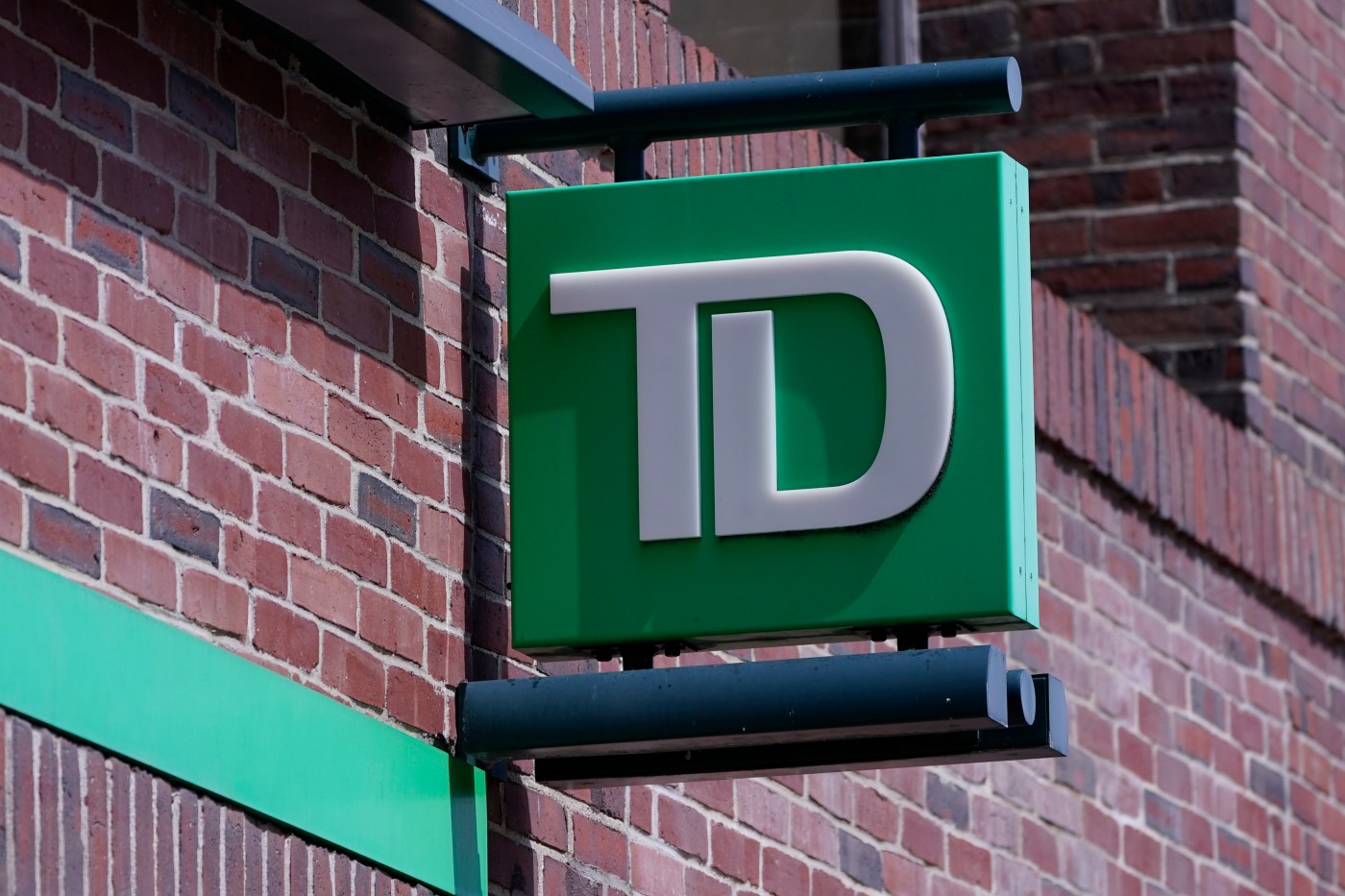
Editorial: A bank shouldn’t be drug cartels’ best friend
Law enforcement has the Herculean task of trying to stop the scourge of illegal drugs from entering and spreading throughout the United States. From the Border Patrol personnel who confiscate fentanyl at ports of entry, to state, local and federal police officers and agents who apprehend smugglers and their opioid poisons, all hands are on deck in the fight against drug trafficking.
Almost all hands.
As was reported Thursday, TD Bank will pay $3 billion to settle charges that it failed to properly monitor money laundering by drug cartels, regulators announced.
The fine includes a $1.3 billion penalty to be paid to the US Treasury Department’s Financial Crimes Enforcement Network, a record fine for a bank. TD also intends to pay $1.8 billion to the US Justice Department and plead guilty to resolve the federal investigation that the bank violated of the Bank Secrecy Act and allowed money laundering, according to CNN.
The US Department of Justice said in a statement that TD Bank had “long-term, pervasive, and systemic deficiencies” in its procedures of monitoring transactions. The Wall Street Journal first reported the news late Wednesday.
“By making its services convenient for criminals, it became one,” said Attorney General Merrick Garland, at a Thursday press conference.
“Follow the money” is a huge part of detecting and stopping drug trafficking, and it’s critical that banks be on board.
More than 90% of transactions went unmonitored between January 2018 to April 2024, which “enabled three money laundering networks to collectively transfer more than $670 million through TD Bank accounts,” according to a legal filing.
“I want to be clear, these systemic failures did not just create hypothetical vulnerabilities, but they resulted in actual, material harm to American citizens and communities,” Deputy Treasury Secretary Wally Adeyemo said in a statement. “Time and again, unlike its peers, TD Bank prioritized growth and profit over complying with the law. The bank enabled drug trafficking.”
The $3 billion in collective fines is not enough of a penalty considering the damage done in enabling traffickers to ply their trade.
The Office of the Comptroller of the Currency said TD processed hundreds of millions of dollars of transactions the clearly indicated highly suspicious activity. And they missed or ignored it.
“This is a difficult chapter in our bank’s history,” TD Bank CEO Bharat Masrani in a statement. “These failures took place on my watch as CEO and I apologize to all our stakeholders.”
Does that include people struggling with addiction or who’ve lost loved ones to overdoses?
An apology isn’t enough. The fines are large, but won’t sink the bank. TD said it has adequate liquidity to pay the fine and continue operations.
Sen. Elizabeth Warren weighed in: “Big banks treat government fines as the cost of doing business,” she said in a statement. “This settlement lets bad bank executives off the hook for allowing TD Bank to be used as a criminal slush fund. ”
It’s not just about being caught and paying a fine. It’s not about apologizing and finagling the finances to cope with the monetary hit. People die, families are devastated and communities suffer when illegal drugs hit our streets.
Heads should roll.
Editorial cartoon by Chip Bok (Creators Syndicate)


